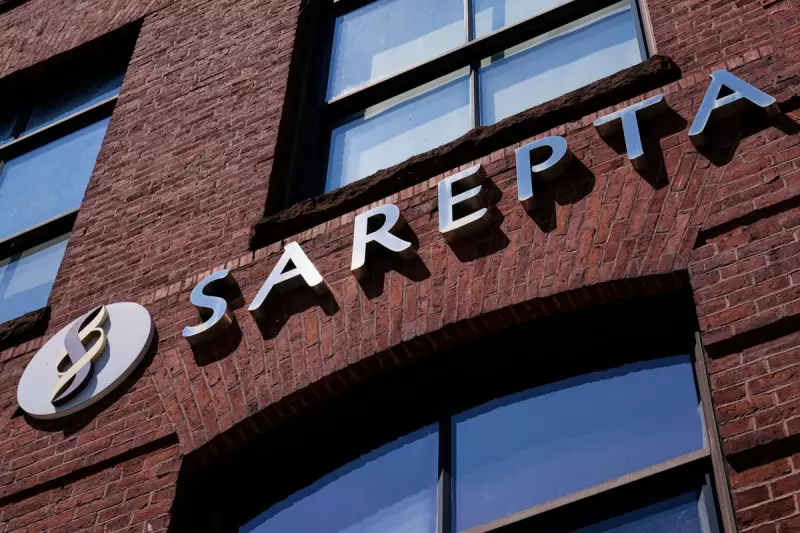
US Regulators Impose Strictest Safety Measures on Duchenne Therapy
The US Food and Drug Administration (FDA) has mandated its most serious safety warning for a pioneering gene therapy from Sarepta Therapeutics, following its connection to the deaths of two young patients earlier this year. This decisive action, announced on Friday 14th November 2025, places significant new restrictions on the use of the drug, Elevidys, which is the first gene therapy approved in the United States for Duchenne muscular dystrophy.
Elevated Risks and New Limitations
The FDA confirmed that Elevidys will now carry a boxed warning to alert medical professionals and families to the risk of severe, potentially fatal liver failure associated with the treatment. This type of warning represents the strongest safety designation the regulatory body can require.
In addition to the prominent warning label, the agency is tightening the conditions for the therapy's use. The approved patient group is now limited to those aged 4 and above who are still able to walk. This marks a significant change, as the therapy was previously available to immobile patients, who typically have more advanced stages of the fatal muscle-wasting disease that primarily affects boys and young men.
A Timeline of Scrutiny and Public Pressure
The FDA's scrutiny of Elevidys intensified after Sarepta reported the first death of a teenage boy in March. The situation escalated when a second patient death was reported in June, prompting the agency to briefly call for a halt to all shipments of the drug.
However, this suspension was short-lived. The FDA quickly reversed its decision after encountering substantial pushback from patient advocacy groups and libertarian activists with connections to President Donald Trump. This highlights the complex balance regulators must strike between patient safety and the demand for access to innovative treatments for life-threatening conditions.
Enhanced Monitoring and Commercial Impact
New labelling for the one-time infusion therapy will now stipulate rigorous safety protocols. It will recommend weekly liver function monitoring for the first three months of treatment, alongside other precautionary steps designed to mitigate risk.
The regulatory headwinds have had a tangible impact on Sarepta. Elevidys is the company's best-selling product, and the challenges it faced contributed to the Cambridge, Massachusetts-based firm's decision in July to lay off 500 employees. Despite the new restrictions, the FDA's latest announcement provided some clarity for investors. Sarepta Therapeutics Inc. shares saw a 7.7% rise in trading following the news, as the market responded to the improved visibility regarding the drug's future.






